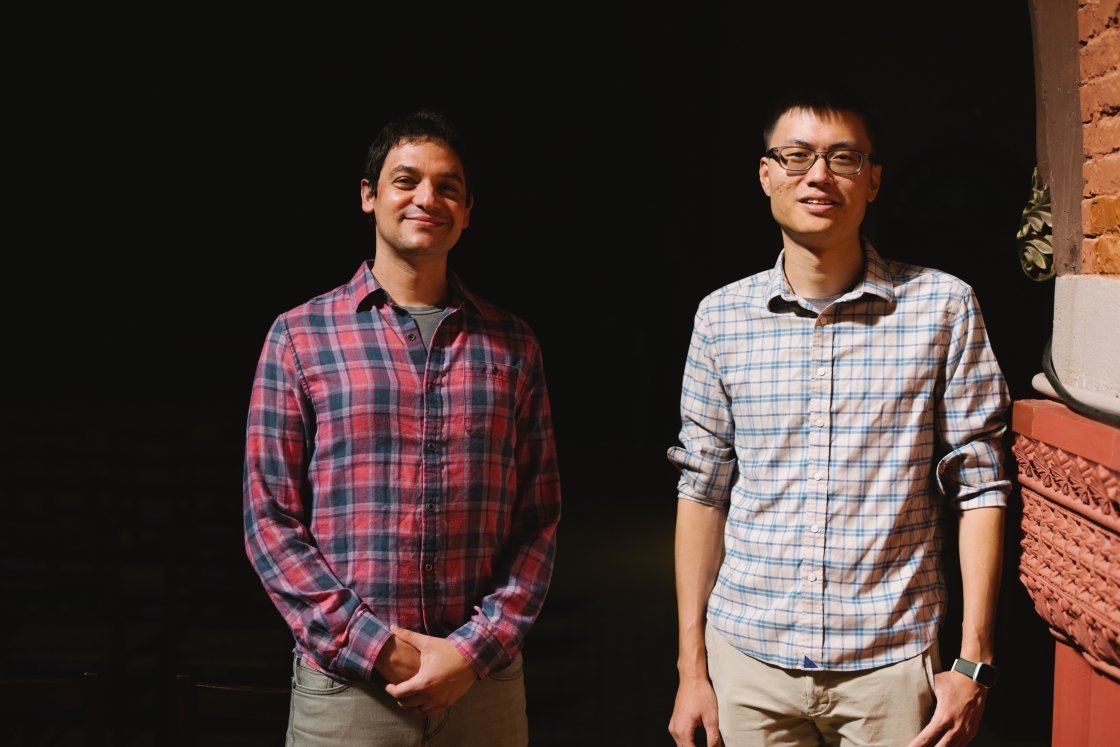Sept. 27, 2016 – With New England Patriots quarterback Tom Brady suspended for the first four games of the NFL season because of the “Deflategate” scandal, the public continues to debate whether Brady conspired to violate league rules or whether the NFL is using him as a scapegoat. A new study in Research and Politics by Dartmouth researchers shows why the public is still so divided over the controversy and what it can teach us about belief in conspiracy theories.
Previous research has demonstrated that beliefs in conspiracy theories like the myth that President Obama was not born in this country are shaped by people’s existing beliefs and attitudes. Less is known, however, about how group loyalties affect conspiracy beliefs, especially outside of politics.
Deflategate is a controversy about allegations that the Patriots tampered with the footballs used in the 2015 AFC Championship game. The study identified three main conspiracy theories associated with the scandal: 1) the claim is that Tom Brady and team equipment managers conspired to deflate footballs used in the game; 2) the claim that the NFL suspended Brady to distract people from the league’s public relations problems; and 3) the claim is that U.S. District Judge Richard M. Berman overturned the NFL’s punishment of Brady because of his fame and wealth rather than evidence in the case.
To test belief in these conspiracy theories, the researchers interviewed nearly 3,000 respondents (including an oversample of more than 1,400 New England residents) in an online survey conducted by SurveyMonkey. The study took into account several respondent characteristics that might affect motivated reasoning or conspiracy predispositions, including favorability toward the Patriots, interest in the NFL, knowledge about the Deflategate controversy, and predisposition toward conspiracy belief (as measured by belief in other, unrelated conspiracy theories).
While perceptions about Deflategate varied based on team loyalty, the researchers found that the divide in conspiracy beliefs is larger among more knowledgeable fans, which suggests that people’s views are polarizing rather than converging as they examine the evidence. These findings suggest that people process information about Deflategate in a biased fashion. Respondents who endorsed unrelated conspiracy theories were also more likely to endorse Deflategate conspiracy claims. However, priming group solidarity or resentment towards elites did not have a significant effect on conspiracy beliefs.
“There’s an old saying in politics, ‘You are entitled to your own opinion, but not to your own facts,’ which suggests that facts obey a set of rules and opinions don’t. But in a lot of instances, where people’s loyalties are in play, the same set of facts can move them in opposite directions. Finding common ground is harder than just getting people informed about the facts,” says John M. Carey, professor of government and the John Wentworth Professor in the Social Sciences, and one of the study’s authors.
The study’s co-authors are available for comment: John M. Carey, professor of government at john.m.carey@dartmouth.edu; Brendan Nyhan, professor of government at brendan.j.nyhan@dartmouth.edu, and Benjamin Valentino, associate professor of government at Dartmouth at benjamin.a.valentino@dartmouth.edu. Mignan Liu, a survey scientist at SurveyMonkey, also served as a co-author.

